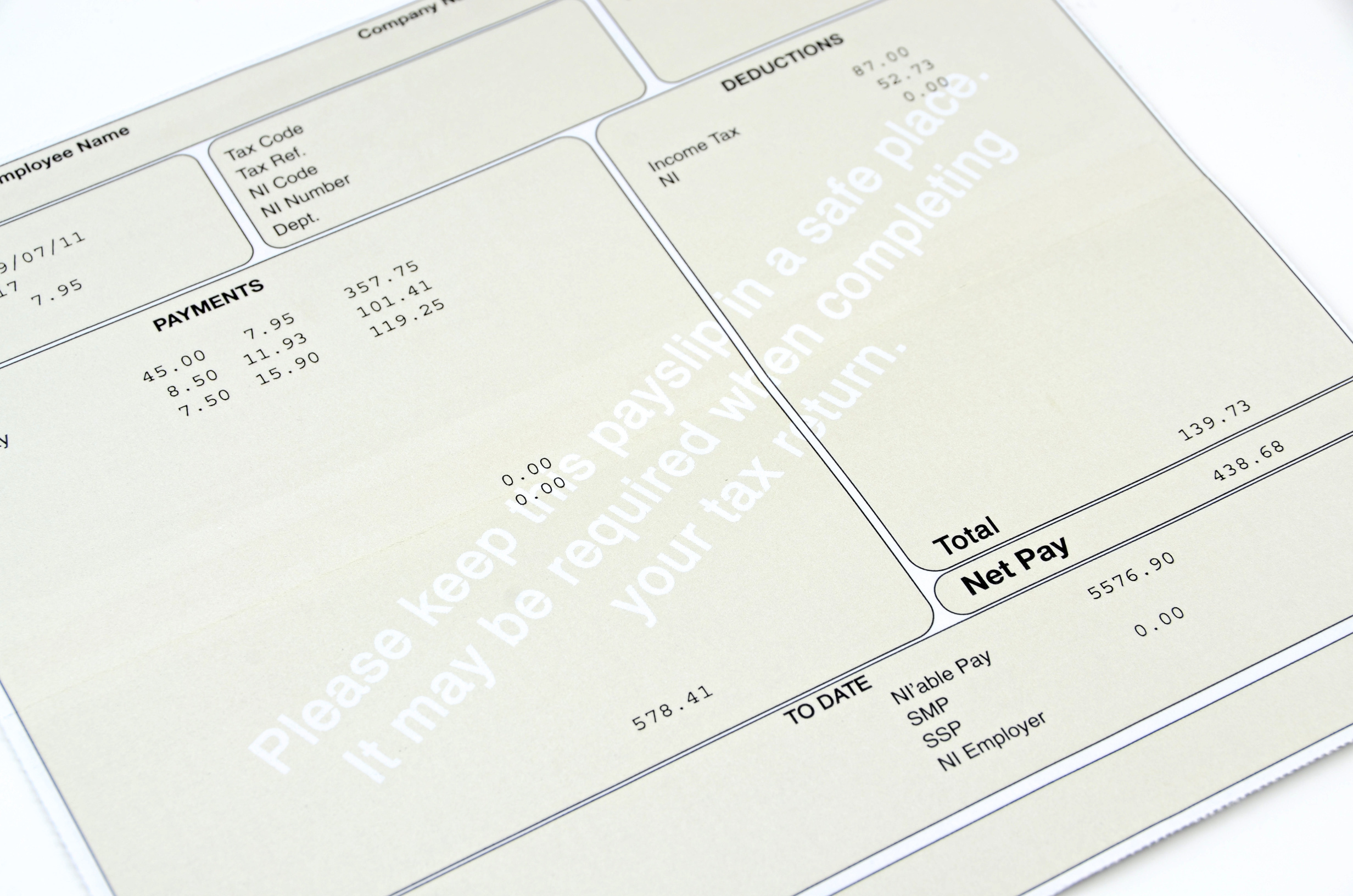Alabama Considers Permanent Overtime Tax Exemption Amid National Discussions

Alabama lawmakers are exploring the possibility of making the state’s exemption of overtime compensation from income tax permanent. Introduced by Representatives Daniels, Stadthagen, Jackson, and others, the proposed legislation seeks to remove the current sunset provision set to expire on June 30, 2025. If enacted, this change would provide indefinite tax relief to workers earning overtime pay under the U.S. Fair Labor Standards Act (FLSA).
As of March 20, 2025, the bill has been read for the first time and referred to the Ways and Means Education Committee, where it awaits further action. In addition to extending the exemption, the bill mandates that the Department of Revenue, in collaboration with the Alabama Commission on the Evaluation of Services, conduct an economic impact study. This study aims to assess the exemption’s effects on Alabama’s economy, with findings to be publicly posted on the Department of Revenue’s website.
Alabama’s initiative aligns with national conversations on taxing overtime pay. President Donald Trump has proposed eliminating taxes on overtime earnings, arguing that such a measure would incentivize additional work. However, as of now, no specific legislation has been introduced to implement this proposal.
At the state level, Alabama led the way by passing a law in June 2023 that exempted overtime wages from state income taxes, effective from January 1, 2024, through June 30, 2025. This bipartisan-supported measure aimed to help workers retain more of their earnings and assist employers facing labor shortages.
Other states are also considering similar measures. For example, Georgia introduced House Bill 375, which proposes exempting overtime compensation from state income tax and includes reporting requirements for employers. The bill aims to reduce taxes for full-time employees paid hourly and address labor market challenges.
However, some experts caution against such exemptions. Critics argue that exempting overtime from taxation could encourage excessive working hours, exacerbate income inequities, and complicate the tax system. They suggest that while the intention is to support workers, the actual benefits may be limited and could lead to unintended consequences.
As Alabama considers making its overtime tax exemption permanent, it joins a broader national dialogue on the taxation of overtime earnings. While the intent is to provide financial relief to workers, policymakers must carefully weigh the potential economic impacts and unintended consequences of such measures.
RECENT










BE THE FIRST TO KNOW
More Content By
Think American News Staff











